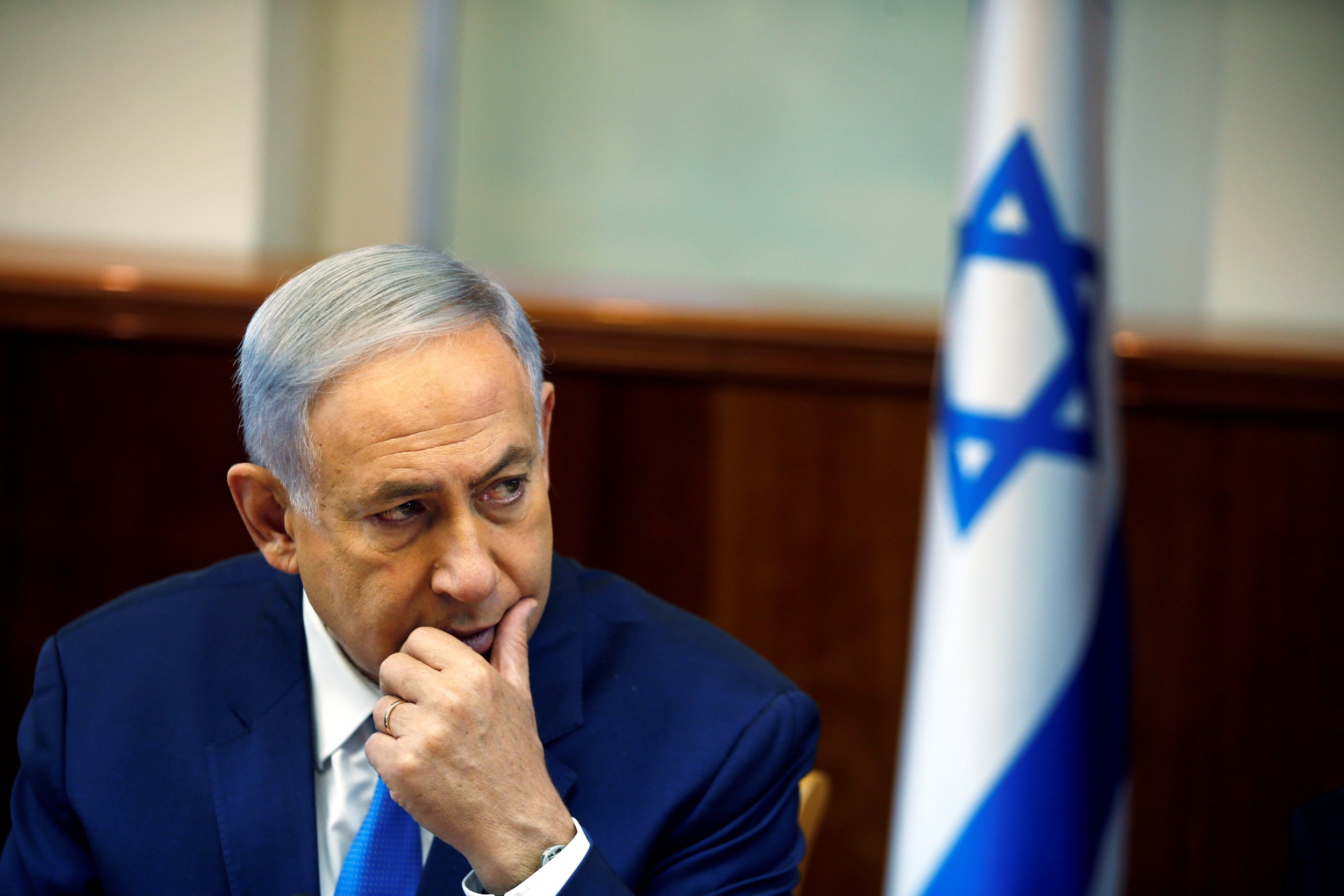
This article first appeared on the American Enterprise Institute site.
It's official: More than six years after Israel's raid on the Mavi Marmara in international waters, Turkey and Israel have officially buried the hatchet.
Israel has already apologized and agreed to pay compensation to the families of the nine Turks killed in the raid (one of whom had dual U.S. citizenship).
While Turkey had demanded Israel lift its blockade of Hamas in the Gaza Strip, President Recep Tayyip Erdogan has agreed to a formula in which Turkey will enhance its aid, but ship it through the Israeli port of Ashdod instead of into Gaza directly.
Turkey will also stop vetoing Israel's cooperation with international organizations like NATO and Erdogan has promised to use Turkey's good offices to try to convince Hamas to return the bodies of Israeli soldiers missing in Gaza.
In addition, the deal makes possible—theoretically at least—greater Israel-Turkey commercial cooperation, especially with regard to gas and water.
Diplomats will say it's a win-win situation. It's not.
Erdogan precipitated the crisis, using a "charity" affiliated with Al-Qaeda, to do its bidding. Even the United Nations concluded that Israel's interception of the Mavi Marmara in international waters was lawful.
Turkey is also sponsoring Hamas, a terrorist group that not only calls for genocide in its founding charter but one that also effectively shreds the Oslo Accords, the 1993 diplomatic agreement between Israel and the Palestinians, the basis for which was the establishment of the Palestinian Authority in the Gaza and West Bank in exchange for an agreement to recognize Israel's right to exist and also to cease terrorism.
At the very least, Hamas is an unrepentant terror group that thinks little of launching rockets at civilian populations with the hope of killing as many as possible.
Let's put aside that Israel cannot trust Erdogan. Turkey's leader has proven himself willing to turn on a dime, and has betrayed any number of agreements over the years. Just ask Turkey's Kurds.
Because of Erdogan's policies, Turkey has also grown isolated. Its tourism revenue has plummeted and it has chilly relations with all of its neighbors. Turkey is also a terror sponsor, not only with regard to Hamas but also with regard to the Al- Qaeda-affiliated Nusra Front and to ISIS.
Erdogan's problem with Israel has never been simply diplomatic but, rather, has always been ideological and religious. Simply put, Erdogan is deeply anti-Semitic.
By acquiescing to Hamas keeping its offices in Turkey and not first getting Erdogan to prove his sincerity and leverage by forcing Hamas to give up the bodies of the Jews it killed, Israeli Prime Minister Benjamin Netanyahu lets Turkey off the hook.
Netanyahu might commit to continue to press the issue, but there's no getting around it: He betrayed the families who were counting on him.
In short, Israel is as shortsighted today as it was when it sought to sell military technology to China (never mind that China sees its chief adversary as the United States) or when it supported the morally repugnant South African apartheid regime (not that Arab states didn't—South Africa had to get its oil from somewhere).
Let's be blunt: Netanyahu is also being a hypocrite. After all, he is the author of Fighting Terrorism: How Democracies can Defeat Domestic and International Terrorists, but seems to ignore the lessons he laid out to not appease or reward terrorism.
Turkey needs Israel far more than Israel needs Turkey, especially at a time when relations with Egypt, Jordan, the United Arab Emirates and Saudi Arabia are blossoming, even if behind the scenes.
It would have been far better for Israel to allow Erdogan to hang himself with a noose of his own making rather than empower Hamas's sponsor. And, with Erdogan conducting a slash-and-burn operation against Turkey's Kurds, it would have been better to side with the Kurds, few of whom have the personal animus toward Israel that Erdogan does.
Indeed, every statement Erdogan uses to aid Hamas could be turned on its head to justify provision of support to Turkey's Kurds.
Sometimes, it is far better to stand on principle than to seek short-term gain. Diplomats may celebrate today, but Israelis, Kurds and other victims of Turkey's terror will pay the price down the road for Israel's diplomatic short-sightedness.
Michael Rubin is resident scholar at the American Enterprise Institute. He is a former Pentagon official who has lived in post-revolution Iran, Yemen, both pre- and post-war Iraq, and spent time with the Taliban before 9/11. His book Dancing With the Devil: The Perils of Engaging Rogue Regimes examines a half century of U.S. diplomacy with rogue regimes and terrorist groups.
Uncommon Knowledge
Newsweek is committed to challenging conventional wisdom and finding connections in the search for common ground.
Newsweek is committed to challenging conventional wisdom and finding connections in the search for common ground.
About the writer
To read how Newsweek uses AI as a newsroom tool, Click here.








